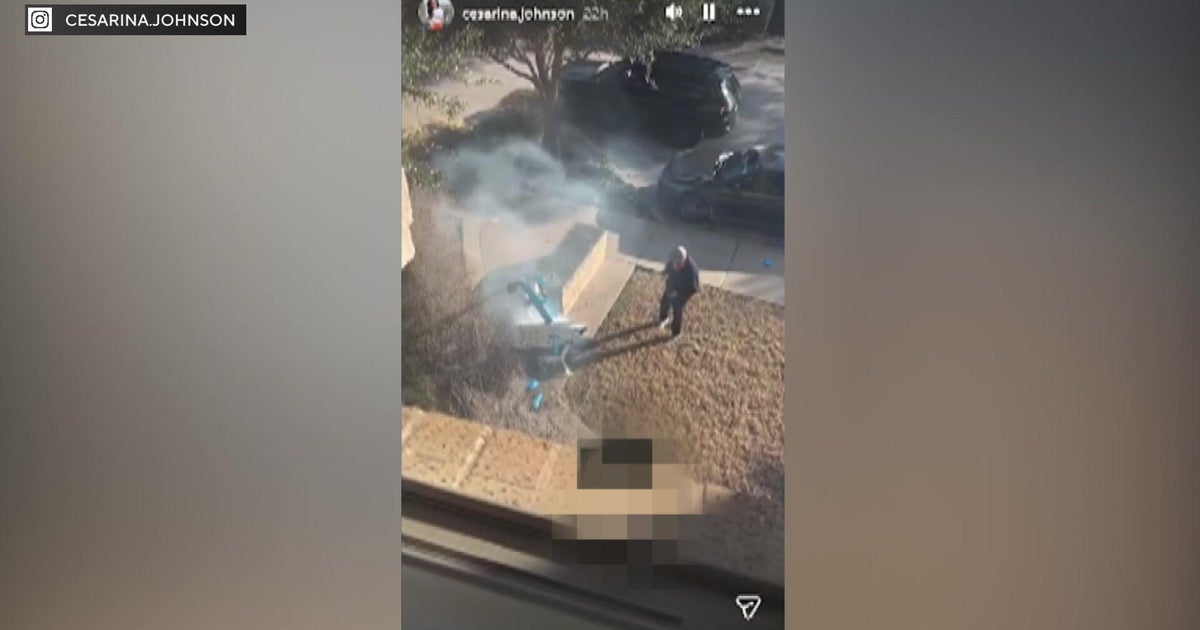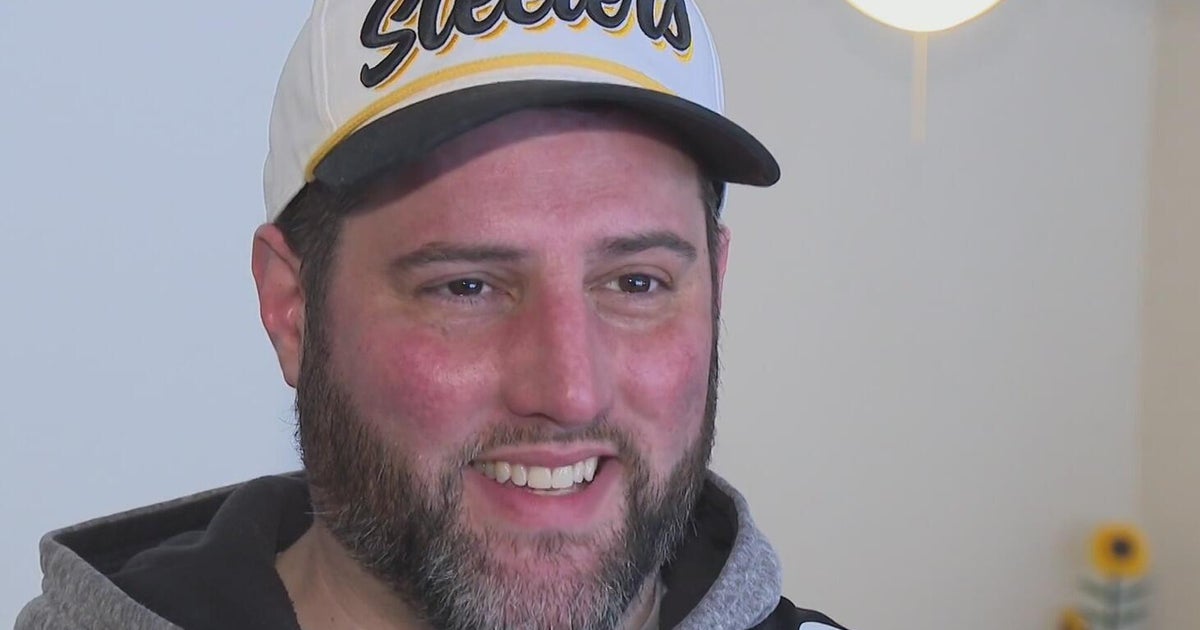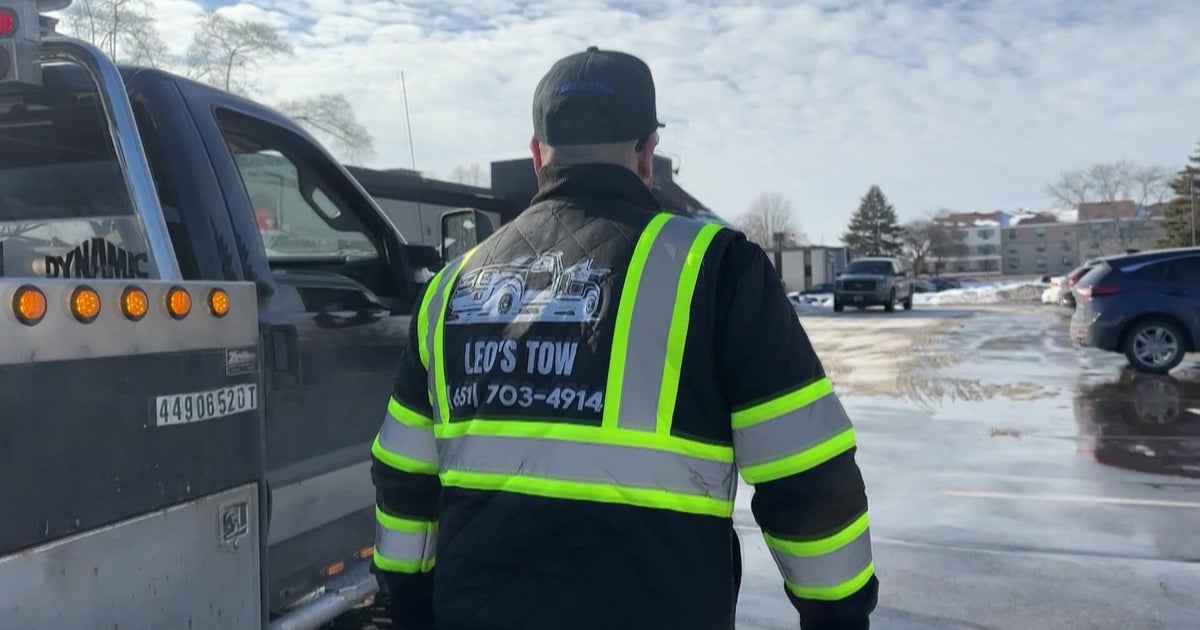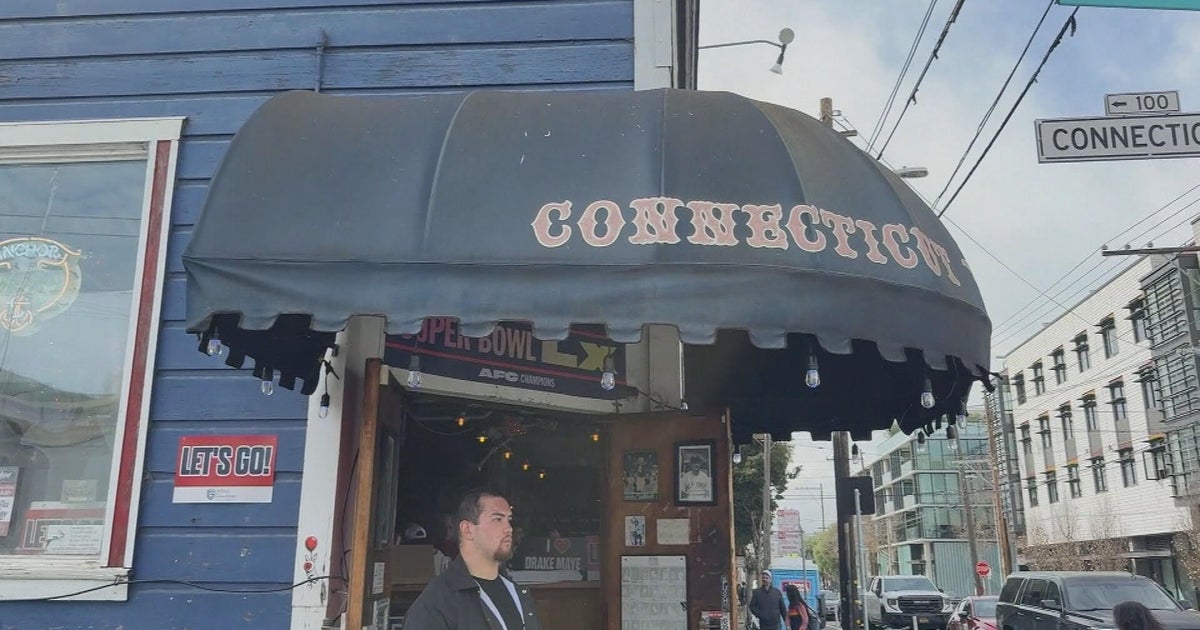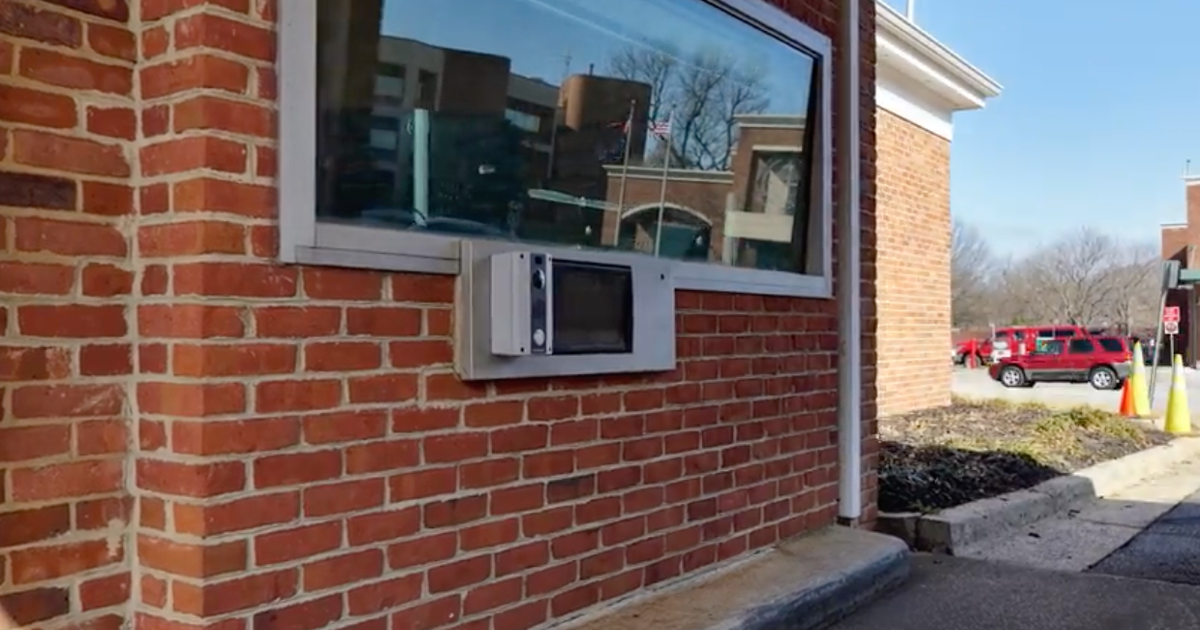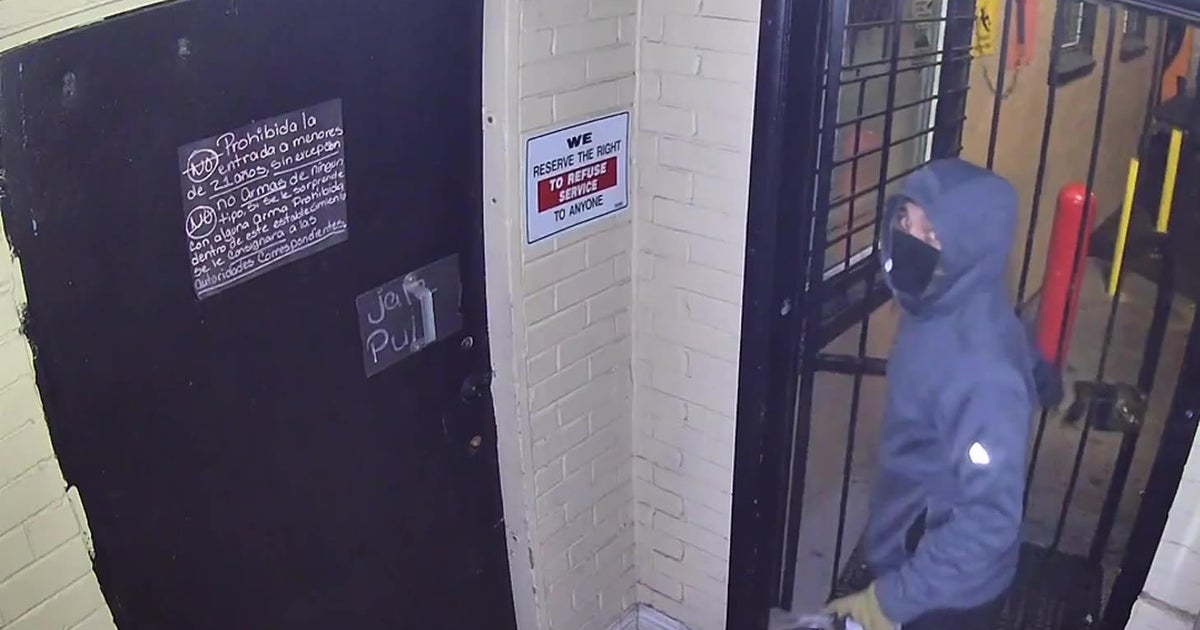Amazon Banning Certain Customers For Excessive Product Returns
Follow KDKA-TV: Facebook | Twitter
PITTSBURGH (KDKA) -- Blacklisted by Amazon?
That may be too strong a word, but Amazon is clearly banning certain customers from making online purchases if they return too many products. That's what a former Amazon enforcement investigator told The Wall Street Journal.
"It's really surprising because Amazon has really set the bar and the standard," Duquesne University business marketing Prof. Audrey Guskey told KDKA Money editor Jon Delano on Wednesday.
Guskey said easy returns has been key to Amazon's attracting 300 million customers.
"Keep in mind. Amazon has conditioned us almost like Pavlov's dogs to return things and to feel comfortable returning things," noted Guskey. "And that's been their policy all along, and so by them changing it, it is really against their strategic marketing policy."
Amazon insists the focus is on fraudsters, but it left lots of customers confused.
"Unbelievable. You'd think they'd want the customers," said Nancy Chicchi of Scott.
"If you just start banning anybody who returns a certain number items that are too much, i think that's absurd," noted Nick Walter of Brentwood.
"If I don't want an item for whatever the reason may be, I'm the customer. I'm always right," added Hugh Legister of Collier.
A lot of folks shop online at Amazon to avoid these malls, but if Amazon starts to ban people because they return too many products, it's likely they're going to lose customers.
"I do return a decent amount of stuff, and if they're going to ban me for that, I wouldn't want to shop there anymore," said Liz Duga of McDonald.
In a statement, Amazon says, "We want everyone to be able to use Amazon, but there are rare occasions where someone abuses our service over an extended period of time. We never take these decisions lightly... We take action when appropriate to protect the experience for all our customers."
And if you feel wrongly banned, Amazon says, call them.
That may be too late for some.
"I avoid Amazon. I do now. I didn't before, but I do now," said Kim Bush of Bridgeville.
